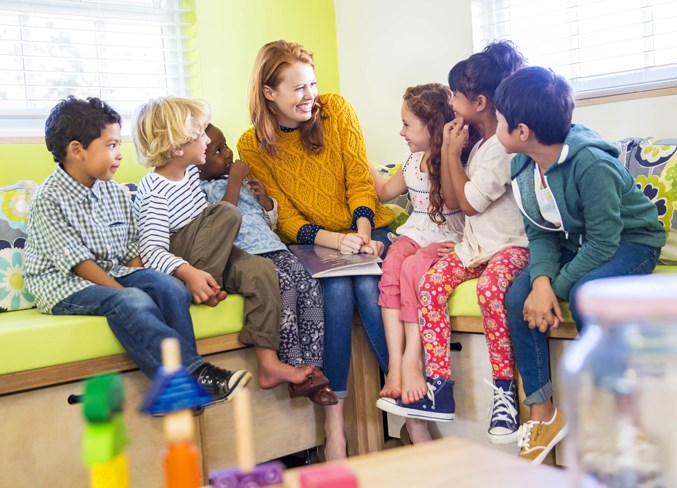The answer to the question, ‘Are your kids ready for back to school?’ may lie outside the traditional categories of school supplies and new clothes.
To prepare them for perhaps the most stressful experiences of their young lives, parents looking to make sure their kids have everything they need to succeed may want to consider another essential tool – mindfulness.
Whether it’s jumping from elementary school to junior high or from junior high to full-on high school, facing stress over an upcoming exam, or how to deal with teen angst on the social front, today’s students are certain to face an abundance of stress.
Improved focus, more patience, and emotional resilience are all potential benefits of a healthy mind-body balance, as a result of practicing some simple mindfulness exercises.
Mindfulness is less structured than formal meditation but has some similarities.
According to Aliya Bean of the Maliya Wellness Centre for Women in Cochrane, mindfulness is the key, as meditation might be a lot for little ones.
“It’s the act of being present with what is, being present with what’s coming up in the moment, experiencing emotions and sensations to their fullest, and expanding our capacity to tolerate uncomfortable sensations,” she said.
Introducing those skills to kids builds what Bean called “a beautiful foundation” they can use throughout their lives.
“As they get older and face bigger stresses, they have that skill set already locked in.”
As an example of how mindfulness works, Bean cited a situation where an eighth-grader goes into a test, suddenly feeling stressed out. Mindfulness teaches them to recognize the stress, notice things they are feeling in their body, and embrace the experience.
“They may think, ‘Oh, my stomach hurts, oh it’s hard to breathe, I’m sweating,’ so they just become aware of what those sensations are in the body,” she said.
The next step is to engage some of the mindfulness tools like diaphragmatic breathing (also known as ‘stomach breathing,’ to regulate the nervous system in the moment.
The toolkit is equally useful in dealing with performance type stresses (like tests) and those associated with, well, being a teenager in the hallways – the emotional resilience.
“The more we become aware of ourselves, and what’s happening in our internal world, the better we’re able to show up in our external world,” Bean said.
“There’s a famous quote; ‘As within, so without,’” she added.
Bean said it’s possible to practice mindfulness every moment of the day, whereas meditation is a more of an intentional and active process, and as such, might not be the best choice for young kids.
“I don’t know if you’ve ever tried to get a five-year-old to sit down,” she said with a laugh.
“But you can say to a five-year-old, ‘Wow, I notice you’re feeling really angry . . . what does anger feel like for you?’”
“That would be a good example of mindfulness,” she said.
In teaching the new tools to kids, Bean said parents also benefit from the newfound awareness.
The need to be more self-aware may be stronger now than ever before.
“When we’re on our phones, consumed with social media, it’s the complete opposite of mindfulness,” Bean said.
And even kids as young as three years old, while perhaps too young to understand some of the mindfulness concepts, can still learn about how important deep breathing is when they’re feeling stressed.
Lori Bean, who also works at Maliya, said the timing for this discussion is “perfect,” as the demand for mental health services for children has expanded in Cochrane to the extent that the Centre has just added three new psychologists to their staff.
For more information on what the Centre offers go to maliya.ca.


